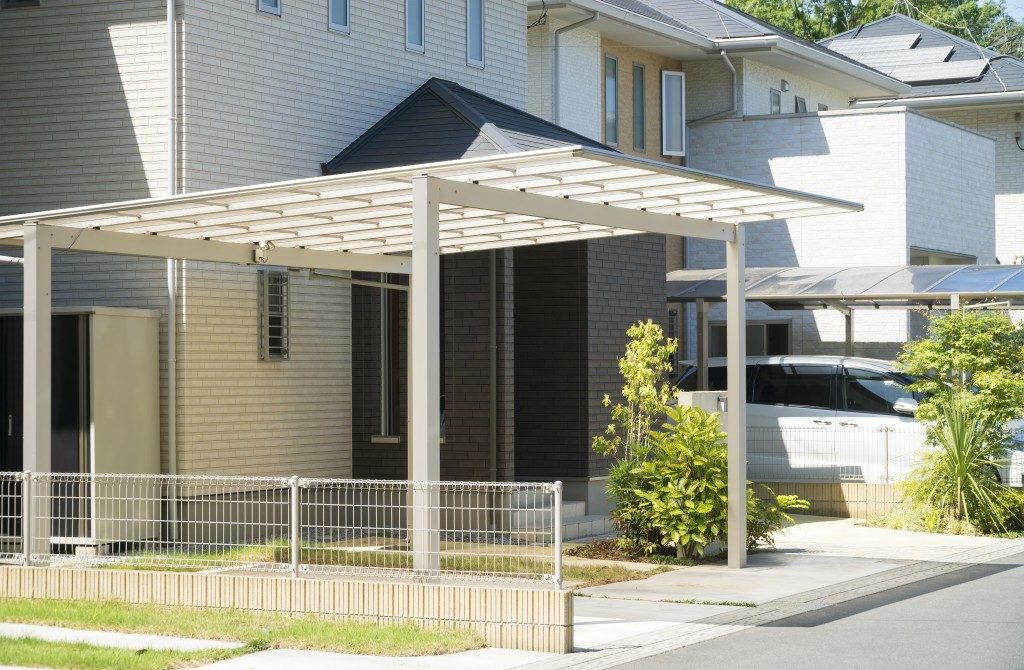Sunshine and warm weather are a time for swimming, barbecue parties, picnics, outing, road trips, and endless activities. Almost everyone is having fun and enjoying their summer bucket list. But a small percentage of the U.S. population doesn’t share the same feeling. Instead of appreciating the longer and brighter days of summer outside, they tend to hibernate and suffer from pervasive sadness, low energy, and a lack of interest in doing activities. These people are suffering from summer depression.
You must be familiar with Seasonal Affective Disorder (SAD), which affects 4%-6% of the American population. It is commonly known as winter depression, which is caused by shorter and colder days. However, 10% of SAD patients experience the opposite; the longer and hot days of summer trigger their depressive symptoms. These symptoms include agitation, irritability, anxiety, insomnia, restlessness, appetite loss, and even suicidal ideation.
What causes summer depression
No specific study has determined the culprit of summer sadness, but there are two popular theories:
-
Higher temperature
Many people love the summer heat because it makes them feel energized. But for some, it’s too much, and it causes them to feel exhausted and disrupts their quality of life. When you have summer depression, the metal roof will make your home feel like an oven. Thus, you become irritable, lose your temper, and continuously complain that the air conditioner needs repairs.
-
The extra light from longer days
Sunlight is known for being a natural anti-depressant. But for people with summer SAD, extra sunlight disrupts their circadian rhythm, which results in insomnia or sleeping problems. Exposure to too much sunlight can cause fluctuations in the production of melatonin or the sleep hormone. Longer summer days and shorter nights mean fewer hours for your body to produce melatonin.
How to deal with summer blues

Summer sadness is temporary. However, you should never ignore it. Here’s how you can manage your depression:
1. Stick to a regular sleep-wake routine
Long sunny days are a recipe for sleep deprivation. You tend to go to bed late and wake up earlier. When you don’t have enough sleep, the body releases cortisol, a stress hormone that can cause emotional sensitivity and contribute to depression.
Don’t change your sleep hours just because the season changed. Go to sleep and roll out of bed at the same time every day. Get a consistent dose of sunlight for about 30-60 minutes in the morning to reset your circadian rhythm.
2. Exercise
Many studies show that regular exercise can activate your happy hormones and keep depression at bay. Adjust your exercise schedule so that you don’t have to battle against the heat and humidity. Do your workouts early morning or after dinner.
3. Talk to your doctor
Summer depression can negatively impact the many facets of your life. Get the professional help you need and tell your doctor about your symptoms. A healthcare provider will make a proper diagnosis, design coping strategies, prescribe medications, and create treatment plans according to your needs.
Summer depression is a severe mood disorder that will cause disruptions in your daily life. You should recognize the symptoms, practice self-care, and talk with a mental health expert. You might not be a sun lover, but you don’t have to be miserable during summertime.


